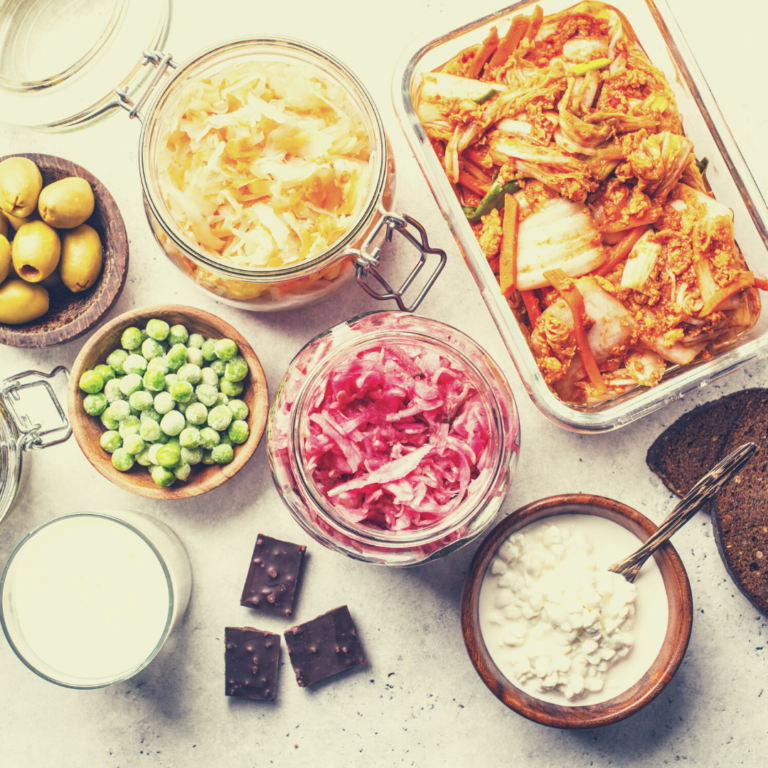The transition into motherhood is shocking, in all the best and worst ways.
Beautiful, maybe. Exciting, yes. Full of ‘miraculous’ moments, sure. But, so fricking hard at the same time.
There is no other moment that parallels. Going through the enormity of birth, after which you probably rightly feel like you need a week to rest, but instead then being ‘expected’ to get up every 2-3 hours to feed a crying baby, wonder if they’re ‘latching’ right, and hope that you and the baby are ‘bonding’ well – all whilst transitioning to the most intense, all-giving, time-consuming job: being a mother.
Even if you have a ‘textbook’ birth, and a content baby, it’s still a shock to the system. And yet, self-care for new mums is so often put right at the bottom of that priority list…
What is Self-Care?
Insta influencers have given self-care a bit of a ‘reputation’… face masks, wellness retreats, yoga getaways, cocktails in expensive bars, massages blah blah…It can make the idea of ‘self-care’ seem even more unreachable for the milk-stained, oily-haired, exhausted, new mum! But self-care comes in all shapes and sizes, and it is essential that it becomes a regular feature on the calendar in families with new babies!
Get The Basics Right
Healthy nutrition, rest, sunshine, community. The importance of these fundamental parts of life are often overlooked in those early days of motherhood, when all eyes are on the baby. Try to let go of your desire to present the ‘picture-perfect’ family home with the freshly baked cookies to your visitors. Take your friends up on their offers to help.
We’re sometimes too quick to say ‘no thanks’ when our mates offer to bring around lunch/do our dishes/walk our dog, but these actions make the ‘offerer’ feel needed and gratified, whilst giving you some precious moments of rest. Getting prepared meals delivered so you know you can eat nourishing meals without cooking, napping when the baby naps, passing the baby over to your mother-in-law so you can go for a walk to your local coffee shop. These are all ways of practicing self-care that can make all the difference!
Not So Self-Caring
Research shows that many new mothers generally fall short on ‘self-care’ (1). In fact, one study found that a whopping 80% of new mums had not fully resumed their usual self-care practices by the time the baby was 6 months old (1). The most common reasons given for this were a lack of time, lack of resources, difficulty accepting help, and finding it hard to set boundaries as a new mum (1).
Tips for Self-Care as a New Mum
Every mum is different, and therefore every mum needs to find ways to practice self-care that works for them, and their unique situation…but here are some tips that may help make it easier to prioritise self-care, post-birth.
Nutrition Self-Care
- Batch cook nutritious meals and freeze in portions prior to due date.
- Ask your friends for meals as presents rather than flowers! Often cheaper, and much more useful!
- Research healthy meal delivery options like The Dinner Ladies, Dineamic, or Chefgood.
- Drink LOTS of water, especially if breastfeeding!
- See your GP if you are feeling abnormally tired. It is worth checking bloods postpartum to ensure you are meeting your nutritional requirements.
Mental Health Self-Care
- Line up your parents, parents-in-law, relatives, babysitter, good friend or neighbour to look after your baby for an allotted time each week (as a good start!).
- Join a local mother’s/parent’s group for social connection and the chance to share common issues.
- Understand that you will be tired, and don’t try to fit too many extra activities into those early months.
- Communicate with your friends as best you can. Talk about your needs, try to be honest about your feelings, and schedule in regular catch-ups.
- Talk to your partner about your needs, and remember that this role is new to them too, so they may not understand what you’re feeling unless you talk to them.
- Get professional help. Being a new mum is hard and seeking help from a psychologist, GP or Maternal Health Nurse can be a game-changer.
Physical Self-Care
- Try to get outside every day, even if just for your morning coffee.
- Aim to move your body regularly…easy walking is enough to boost our mood and get the blood pumping.
- Once given the ok by your GP, try to get back into some gentle exercise. You could take your baby to the park, the pool, or just walk to your local cafe.
- Prioritise sleep. Can you and your partner take it in turns to get up to the baby at night? Schedule in nap times for yourself.
Why is this So Important?
Remember the flight attendant’s advice… “Please fit your own mask before you tend to others”? The same should apply in motherhood. Unfortunately, a culture of ‘self-sacrifice’ is all-too-common when it comes to motherhood, with a focus on caring for oneself often breeding feelings of ‘selfishness’… But, building a culture of self-care within your family helps create a solid foundation and sets a good example for your children as they grow to also look after themselves! Looking after yourself IS looking after your baby…after all, happy mums make happy babies!
References
- Barkin JL, Wisner KL. The role of maternal self-care in new motherhood. Midwifery. 2013 Sep 1;29(9):1050-5.






